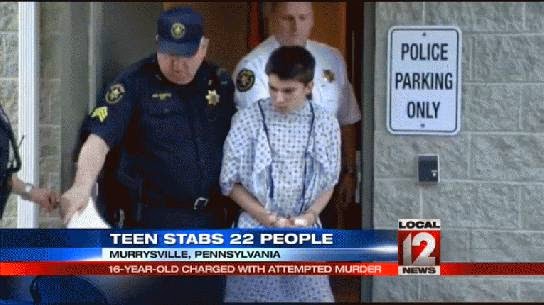"You can't even call this shit a war...wars end"
~ The Wire, Season 1
The War on Drugs, close to 60 years after it's conception, is now widely seen to be a failure: The difference in opinion as to what caused this failure vary. As seen in my interview with Alan, Helen, and Matt below, the older generation seems to believe that drugs remain a menace in our society, but that education is a better way to combat drug abuse. Matt, on the other hand, feels that the "enforcement of archaic drug laws" is the actual problem in our society, as opposed to drugs themselves.
Check out my cross-generational interview below:
The Pew Research Institute reports that the Substance Abuse and Mental Health Services Administration, found that in 2012, approximately 24 million Americans (9.2% ) reported using an illicit drug in the past month, an increase from 8.3% of Americans in 1992.
However, though public opinion (as illustrated in the video above) towards drug use and drug policies have become more progressive, the anti- laws still on the books suggest an unwillingness among politicians to change. As the info graphic below illustrates, the War on Drugs has been a costly one, in terms of finance and human lives.
As I note in an earlier blog post, clearly mainstream perceptions of the dangers of marijuana have changed when considering presidential quotes on their own drug use. President Regaen is well known for his drug-policy quote from the 1980s, “I now have absolute proof that smoking even one marijuana cigarette is equal in brain damage to being on Bikini Island during an H-bomb blast”. However, we see that in the early 90s, attitudes soften: President Bill Clinton admitted somewhat to experimentation with marijuana, stating, "When I was in England, I experimented with marijuana a time or two, and I didn't like it, and I didn't inhale, and I never tried again." President Obama, close to 15 years after President Clinton replied to questions about marijuana use, saying, "When I was a kid I inhaled frequently. That was the point.” President Obama's ability to candidly speak about drug experimentation, as well as poke fun at President Clinton's half-hearted admission, illustrates that over the past 40 years public opinion has shifted to the point where it has slowly become socially acceptable for the president, to admit to having smoked marijuana.
Much of the blogosphere discourse on perceptions of the War on Drugs is dedicated to either conflicting views of the War on Drugs, or the mass incarceration implications of the War on Drugs. From my research, it seems that most people agree that the War on Drugs is/was a failure. Disagreement occurs on what is/was the cause of the failure, if the Drug War is still active, and how to better prevent people from using drugs. In terms of max incarceration, I do believe that Nixon's Comprehensive Drug Abuse and Prevention and Control Act of 1970, in addition to 3 strikes laws, had an explosive effect on the US prison population. However, the issue of mass incarceration is not wholly due to the War on Drugs: the Prison Industrial Complex and the privatization of prisons are also mitigating factors.
For more on these topics, check out:
http://america.aljazeera.com/articles/2014/4/2/drugs-pew-marijuana.html
http://www.people-press.org/2014/04/02/section-1-perceptions-of-drug-abuse-views-of-drug-policies/
http://racism.org/index.php?option=com_content&view=article&id=820:crime09-1&catid=142&Itemid=155
http://www.leap.cc/for-the-media/the-war-on-drugs-at-a-glance/
http://www.huffingtonpost.com/2013/04/08/drug-war-mass-incarceration_n_3034310.html
http://www.drugpolicy.org/resource/drug-war-mass-incarceration-and-race












